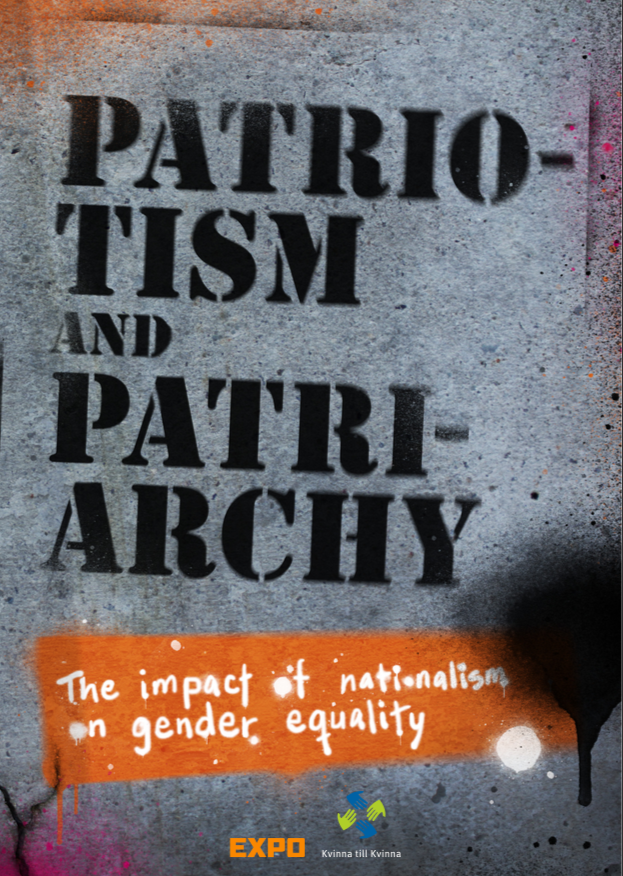The study is divided into two parts: one concentrates on the Western Balkans, a region with a long history of strong, destructive nationalism, and the other provides a detailed look at five successful nationalist parties in different European countries. Both parts emphasize issues of family policy since they can be clearly linked to the situation of women’s rights.
The study finds that the nationalistic policies impact gender equality in the following ways:
- traditional gender roles are reinforced through political initiatives that encourage women to stay at home
- LGBTQI+ rights are discriminated against as the traditional nuclear family is used as the foundation of family policy
- gender equality issues are deprioritised and excluded completely from the policies
- family policies are designed so women become financially dependent on the man
- abortion rights become heavily limited or banned entirely
- activists who challenge traditional gender roles face opposition, harassment, and ridicule
- the nationalist parties impact the EU policies by almost exclusively voting conservatively in the European Parliament
